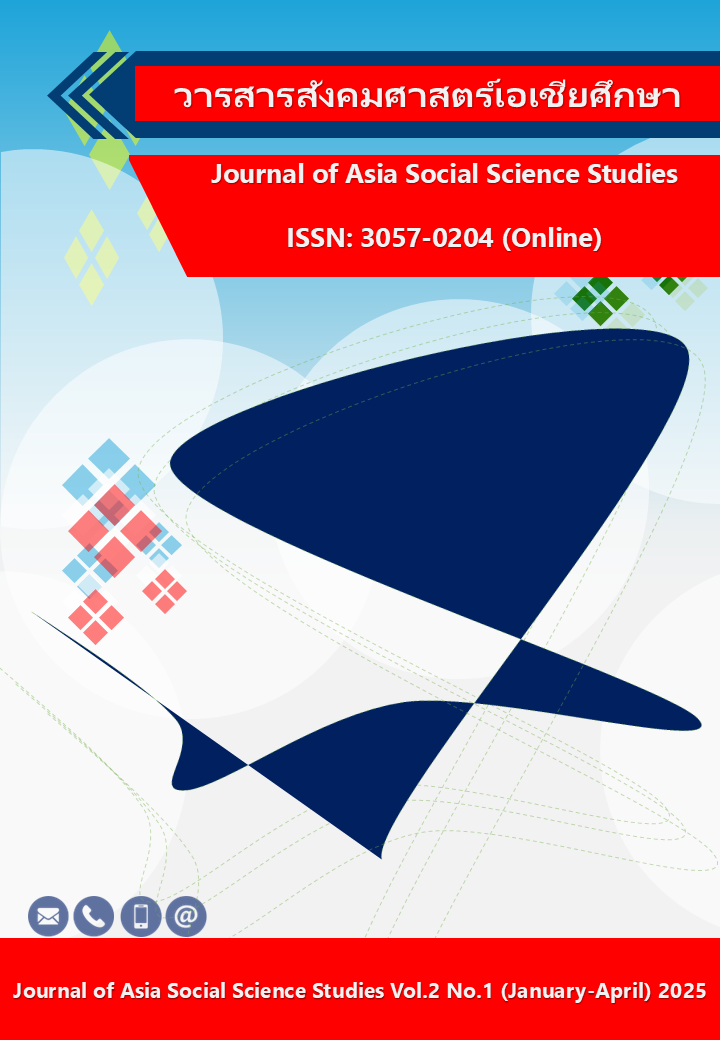The situation of social movements and human rights in the Philippines
Main Article Content
Abstract
The situation of social movements and human rights in the Philippines reflects a complex challenge between the struggle for basic rights and the threats posed by the state. In recent years, the Philippines has faced social and political tensions due to government policies that are often criticized for human rights violations. Key social movements in the country include groups advocating for political rights, labor rights, women’s rights, and indigenous peoples' rights. There are also movements calling for an end to violence and oppression, particularly in response to the government’s war on drugs, which has led to a rise in social activism both within the country and abroad, demanding the government be held accountable and stop such violations. Social movements in the Philippines are diverse, with various civil society groups working together. These include women’s groups fighting for political and economic rights, and indigenous groups calling for their right to preserve their land and traditional way of life. Additionally, there are calls for an end to government crackdowns on free speech and press freedom. Despite these efforts, social movements continue to face opposition from the state, which uses strict laws to control political activities, protests, and expressions of public dissent. The struggle for human rights in the Philippines is a long journey, filled with obstacles. While progress has been made in some areas, ensuring the protection of citizens' rights remains an ongoing challenge that requires cooperation between the government and the public to create a just and sustainable society.
Article Details

This work is licensed under a Creative Commons Attribution-NonCommercial-NoDerivatives 4.0 International License.


